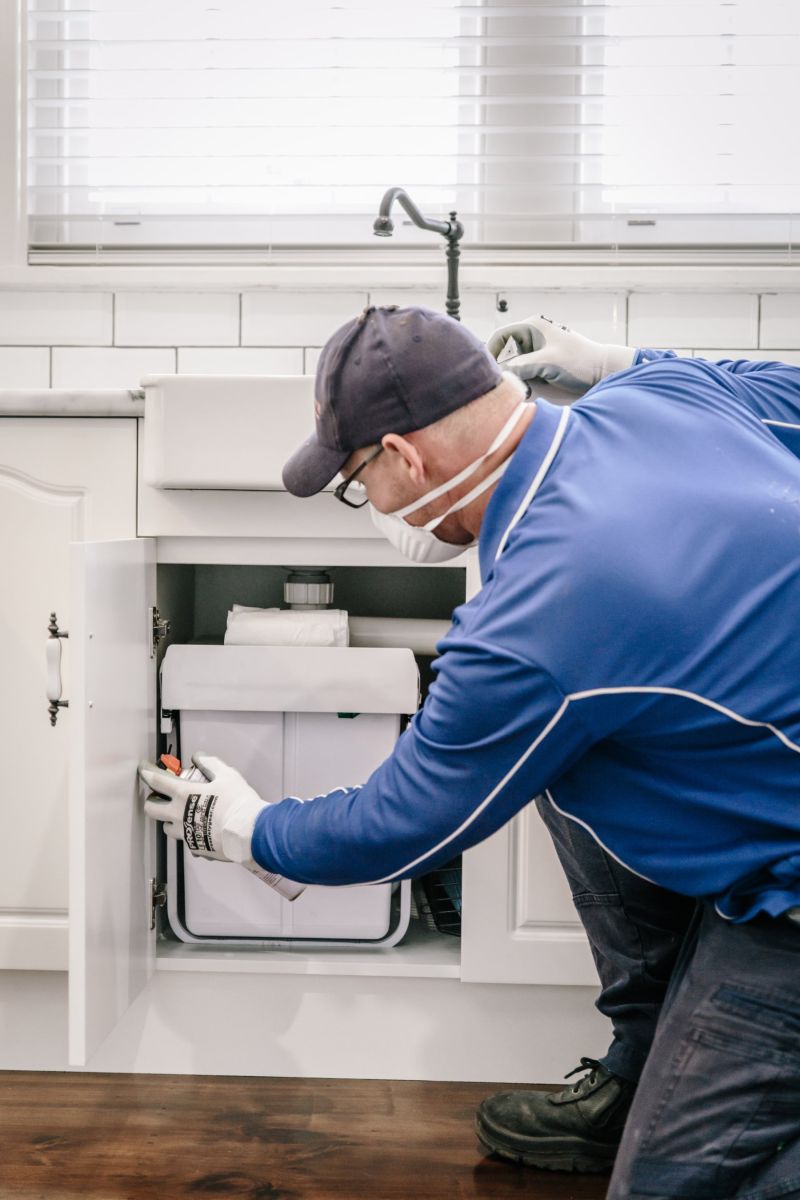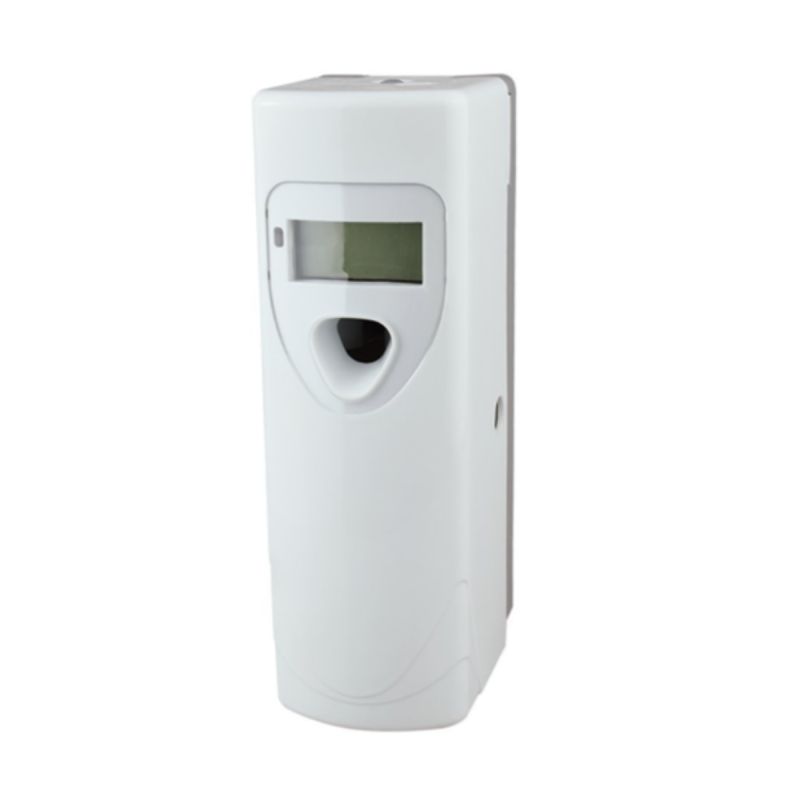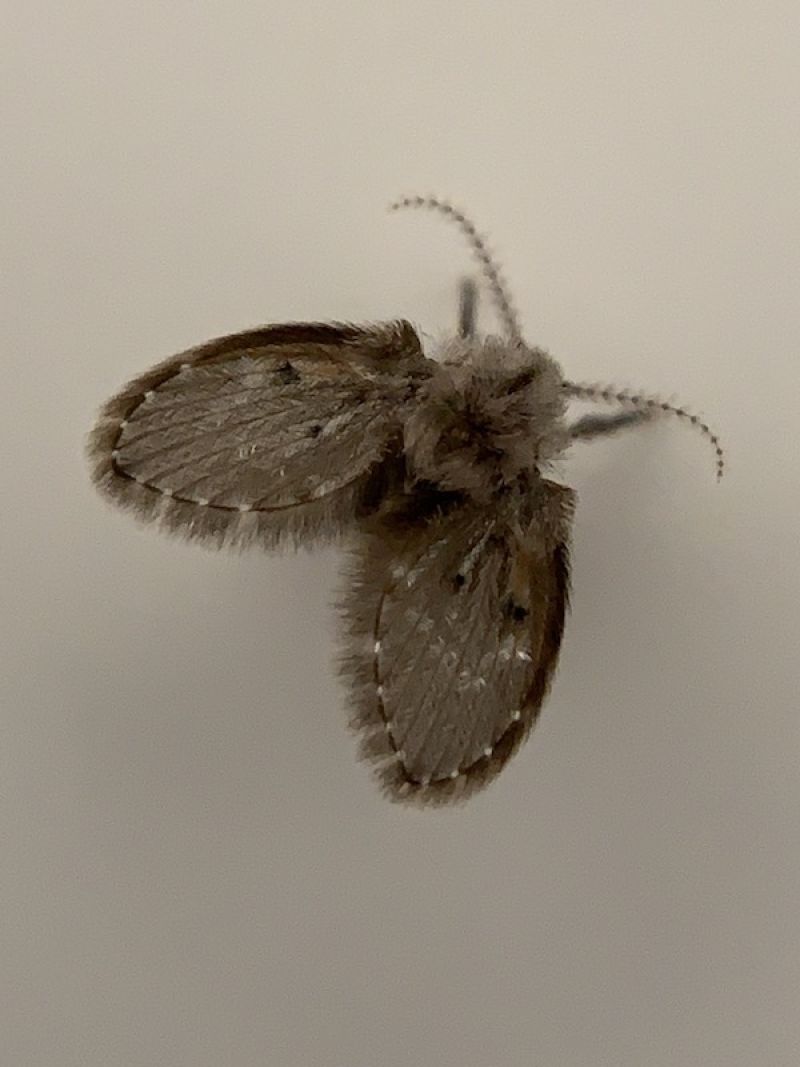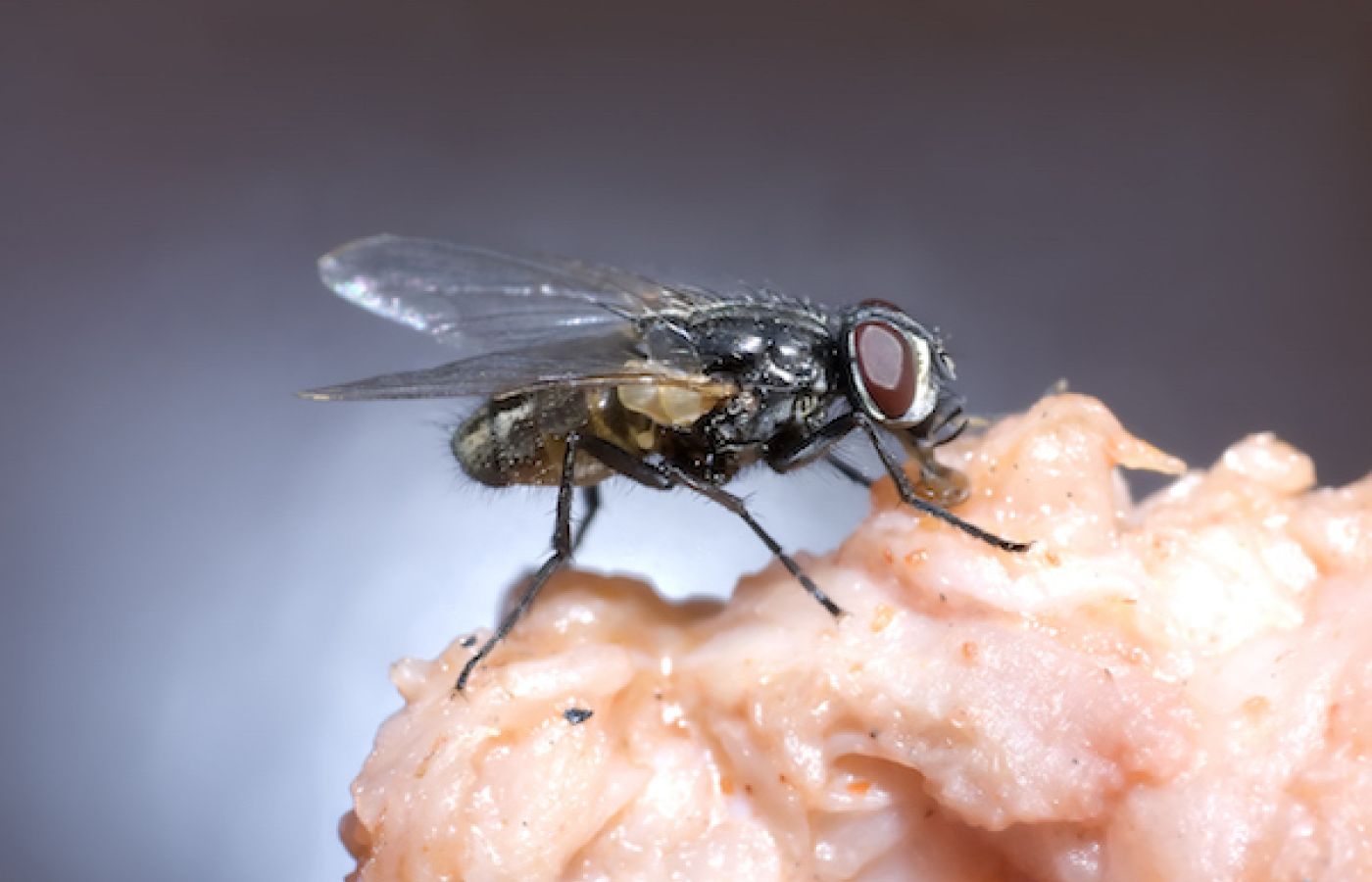
The ‘Australian salute’ is commonplace during the warmer months, especially in rural areas. However, more often than not, the flies causing the annoyance are bush flies, which are seeking moisture and salt from your sweat. They may be annoying, but bush flies aren’t actually considered pests. The real pests are the housefly and other “filth flies” that carry diseases and transfer them to humans when they enter the home and land on our food and kitchen surfaces.
They are called filth flies as in their natural habitat they live, eat and breed in decaying organic matter. Around humans, this means manure and garbage. So when they then enter our homes looking for food, it’s not surprising they transfer all manner of diseases including Salmonella, dysentery, cholera, typhoid, polio and even leprosy and anthrax.
When they land they also have the disgusting habit of going to the toilet (the fly spots you may see on the wall). But it’s their feeding habit that really turns the stomach. They can’t eat solid food, so when they land on a potential meal they vomit up digestive juices to liquify the food and suck up the result.
General fly prevention tips
The key objective is to eliminate fly breeding spots and food sources:
Dealing with garbage
- Before throwing waste into the garbage bin make sure it is placed in a sealed bag
- Make sure the garbage bin has a closely fitting lid and it’s kept closed (housefly larvae or maggots will quickly hatch and grow in garbage bins)
Eliminating other breeding sites
- Pick up and dispose of any pet poo from the yard and garden
- Avoid using chicken manure as a fertilizer
- Compost heaps may be green but flies love them!
Fly food
- Don’t leave uneaten pet food out
- Make sure waste and spilt food is cleared away and don’t forget to clean the BBQ!

How to control flies outside
Even if you follow all the fly prevention tips, it’s impossible to prevent flies from coming in from surrounding areas. Spiderman SE can provide two services to keep the fly numbers down; firstly we can treat the exterior walls of the property and garbage bins – areas where flies like to land and secondly we sell automatic aerosol dispensers, which are great if you are entertaining outdoors.
How to control flies inside
The best way to keep fly numbers down inside the home is to have well-fitting fly screens and keep the doors and window shut!
Spiderman SE has their automatic metered insecticides sprays, which will keep areas clear of flies and mossies, but for the occasional fly, a fly swat or standard insecticide aerosol will do the job.
If you run a food management business we can consider one of the UV light fly trap options.

What about other flies?
Now there are a couple of other flies that may cause the occasional problem indoors. They are the vinegar fly, the drain fly and the scuttle fly. These are all small flies (around half the size of a housefly) and are poor fliers, often seen crawling on surfaces and walls. They breed and feed on rotting food (often fruit) and in drains.
If you spot any of these flies around, you need to find the breeding site, as they don’t fly far. Have a good search through your cupboards or under the fridge or cooker for any rotting food. If this draws a blank any places where there may be a build-up of oil and fat (such as around the cooker) could be a breeding spot. Failing that check your drains – the often breed in the organic material caught in drains – cleaning the drains with a drain cleaner will eliminate the problem.
As always, if you have a problem you can’t deal with, just give Spiderman SE a call!

